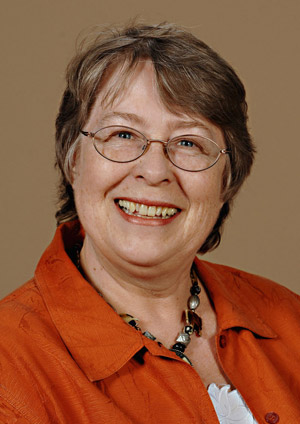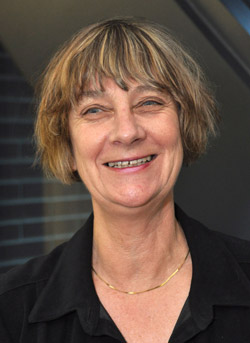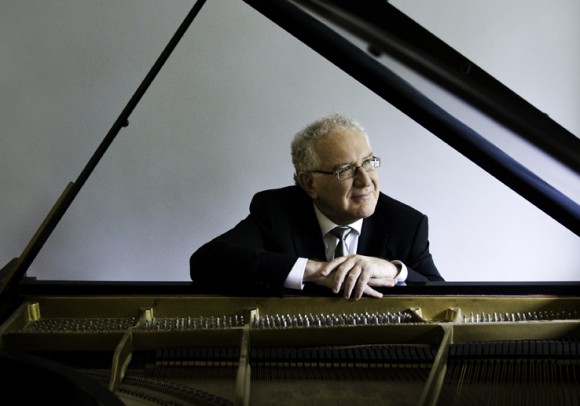
From left: Colin Basran, mayor of Kelowna; Gaelene Askeland, Journey Home Society; Paul Van Donkelaar, UBC Okanagan; Kerry Rempel, Okanagan College; John Graham, UBC Okanagan; Trevor Corneil, Interior Health Authority; Gordon Lovegrove, UBC Okanagan; Stephanie Lang, UBC Okanagan; Kyleen Myrah, Okanagan College.
UBC and Okanagan College team with community groups to tackle issue
Researchers at UBC Okanagan, Interior Health, Okanagan College, the Central Okanagan Journey Home Society and various human and health service sectors across the BC Interior, have received federal funding to explore ways to improve services for homeless people.
Funding from the Social Sciences and Humanities Research Council of Canada (SSHRC) combined with funds from UBC and the Vancouver Foundation, brings the support total to $218,000, says John Graham, director of UBC Okanagan’s School of Social Work.
It’s a multidisciplinary approach, he says, with scholars and grad students in engineering, medicine, neuroscience, management, nursing, the social sciences and social work. The group is evaluating three priorities.
“The first: improvements in technology—including database management improvements, and phone apps,” says Graham. “These are important in helping to make homelessness strategies more responsive, efficient, and at the same time, increasing the number of people who are able to be off the street.”
Second, says Graham, the group is examining how the homeless experience stigma and how business owners, neighbours, and service users and providers might better understand each others’ viewpoints.
“And finally, we are developing and evaluating a number of health and human service improvements. We need better delivery of the specific service needs of those who have experienced traumatic brain injury, versus a major mental disorder, a substance misuse, generalized trauma, each of which often frequently co-occurs.”
In 2018, the City of Kelowna adopted the Journey Home Strategy—a five-year plan to address homelessness with a focus on ensuring everyone has a place to call home. Journey Home’s goal is to ensure a coordinated and easy-to-access system of care for those in the region who have lost, or are at risk of losing, their home.
“We now have a team in place that will significantly contribute to service improvements and reductions in homelessness,” says Graham.
The research team expects more funding opportunities to come from this initiative.
“We should be able to leverage current funds to quickly get over the $1-million mark within a year,” states Graham. “I really want to see the university’s skills leveraged to help improve the homelessness response roll out across the region.
“Throughout, we are engaging with service providers, service users, and broader community members in direct ways that bring all parties to the table to co-develop regionally-specific solutions,” Graham adds. “Together with myriad partners across the city and region, we will make a difference that will be informed by rigorous empirical evidence.”
Partners in the initiative include:
- BrainTrust Canada
- Canadian Mental Health Association
- Central Okanagan Journey Home Society
- Central Okanagan School District
- City of Kelowna
- Kelowna Chamber of Commerce
- Interior Health
- John Howard Society
- Kelowna Community Resources
- Kelowna Friendship Society
- Kelowna Gospel Mission
- Ministry of Children and Family Development
- Okanagan Boys and Girls Club
- Okanagan College
- Okanagan Nation Alliance
- A Way Home Kelowna
- Westbank First Nation
- The Bridge Youth & Family Services
About UBC’s Okanagan campus
UBC’s Okanagan campus is an innovative hub for research and learning in the heart of British Columbia’s stunning Okanagan Valley. Ranked among the top 20 public universities in the world, UBC is home to bold thinking and discoveries that make a difference. Established in 2005, the Okanagan campus combines a globally recognized UBC education with a tight-knit and entrepreneurial community that welcomes students and faculty from around the world.
To find out more, visit: ok.ubc.ca.



